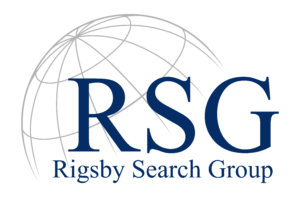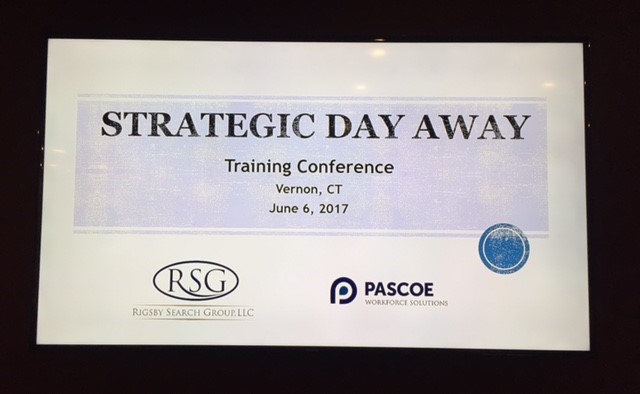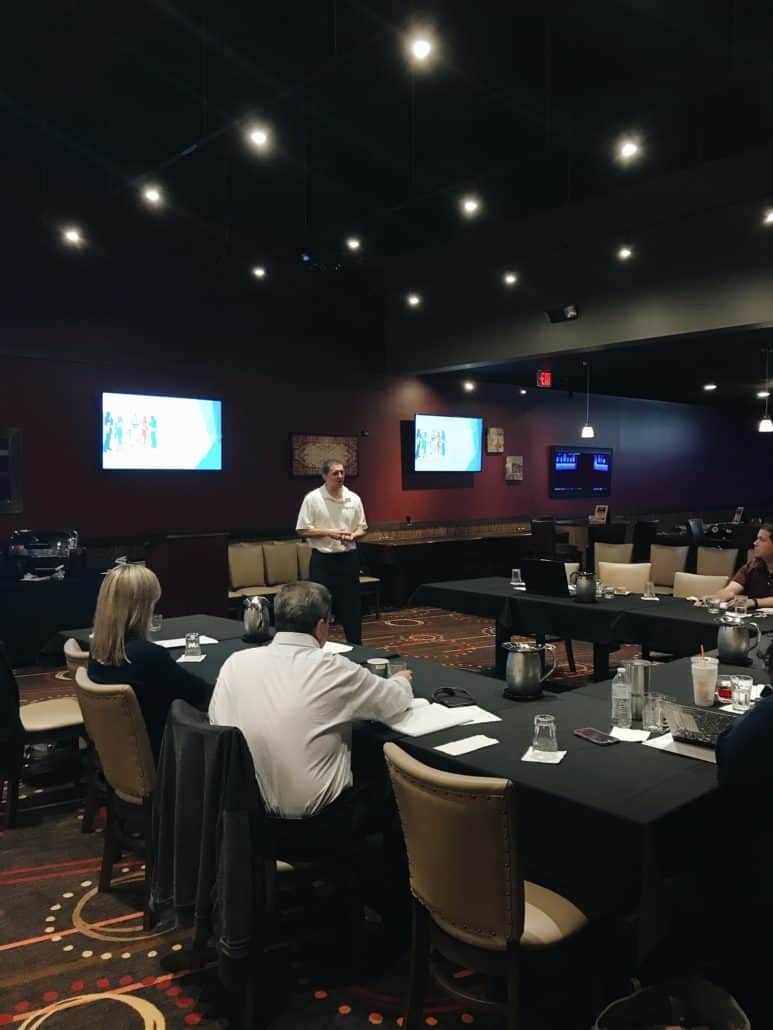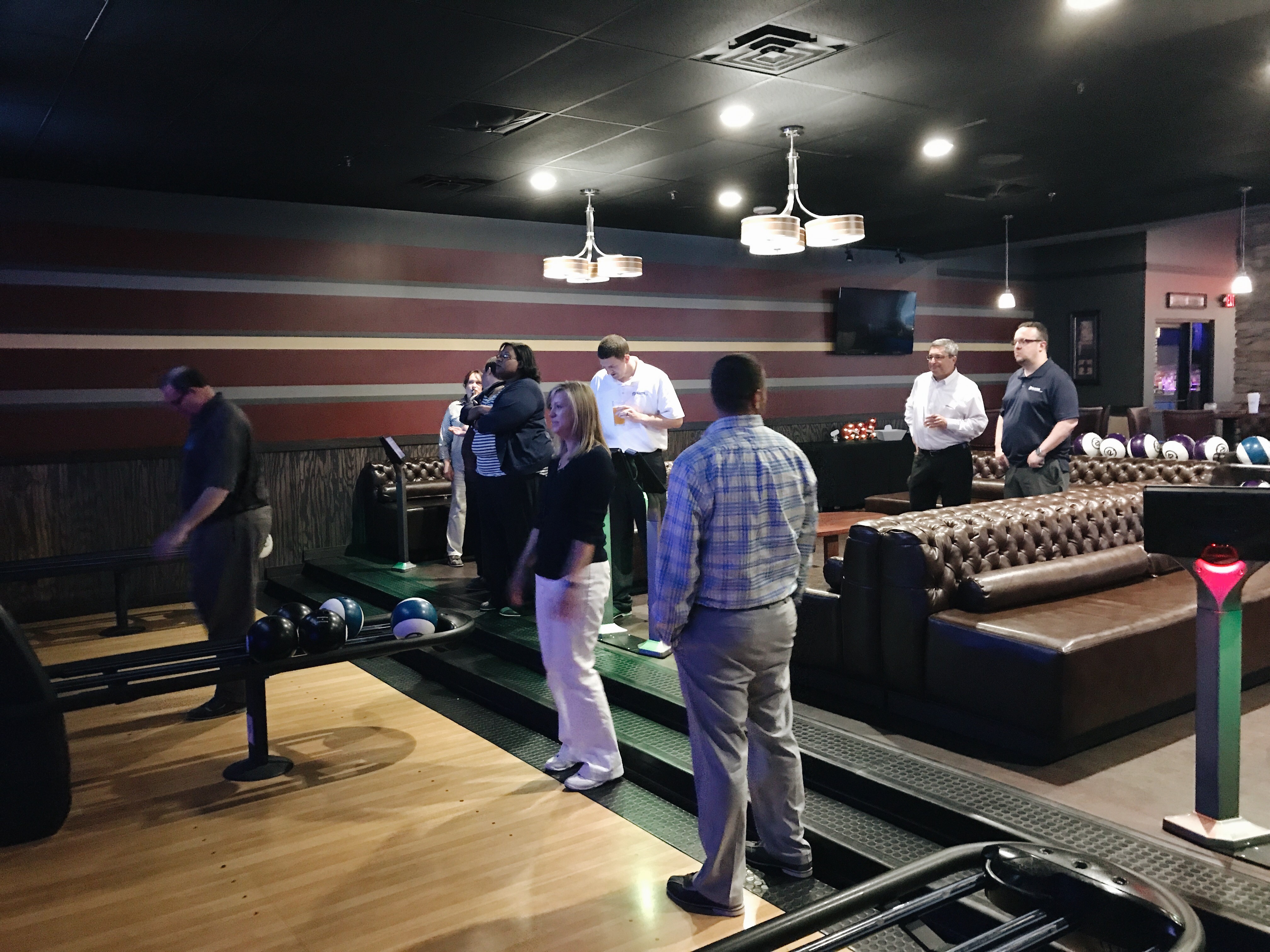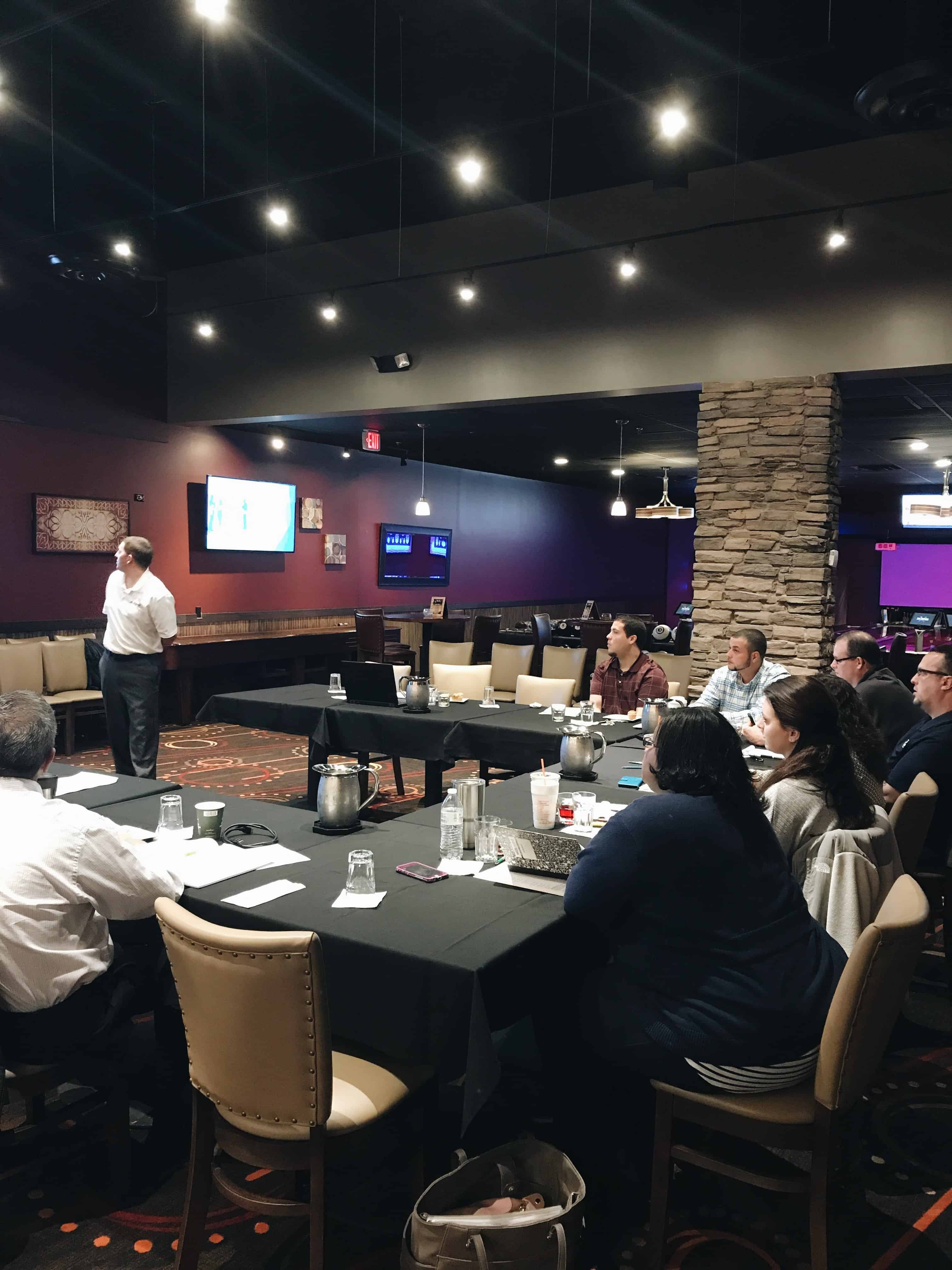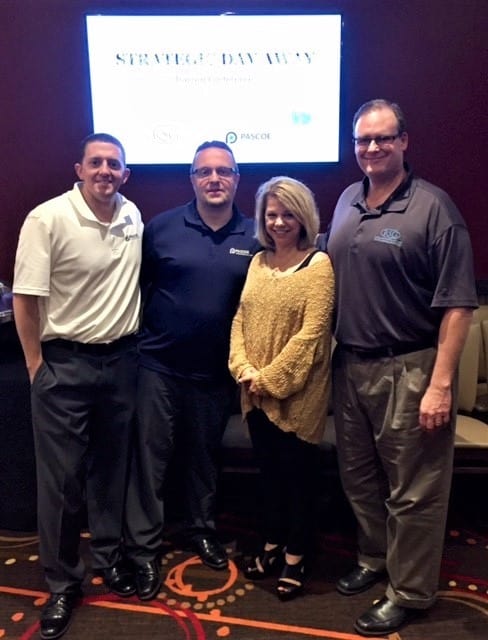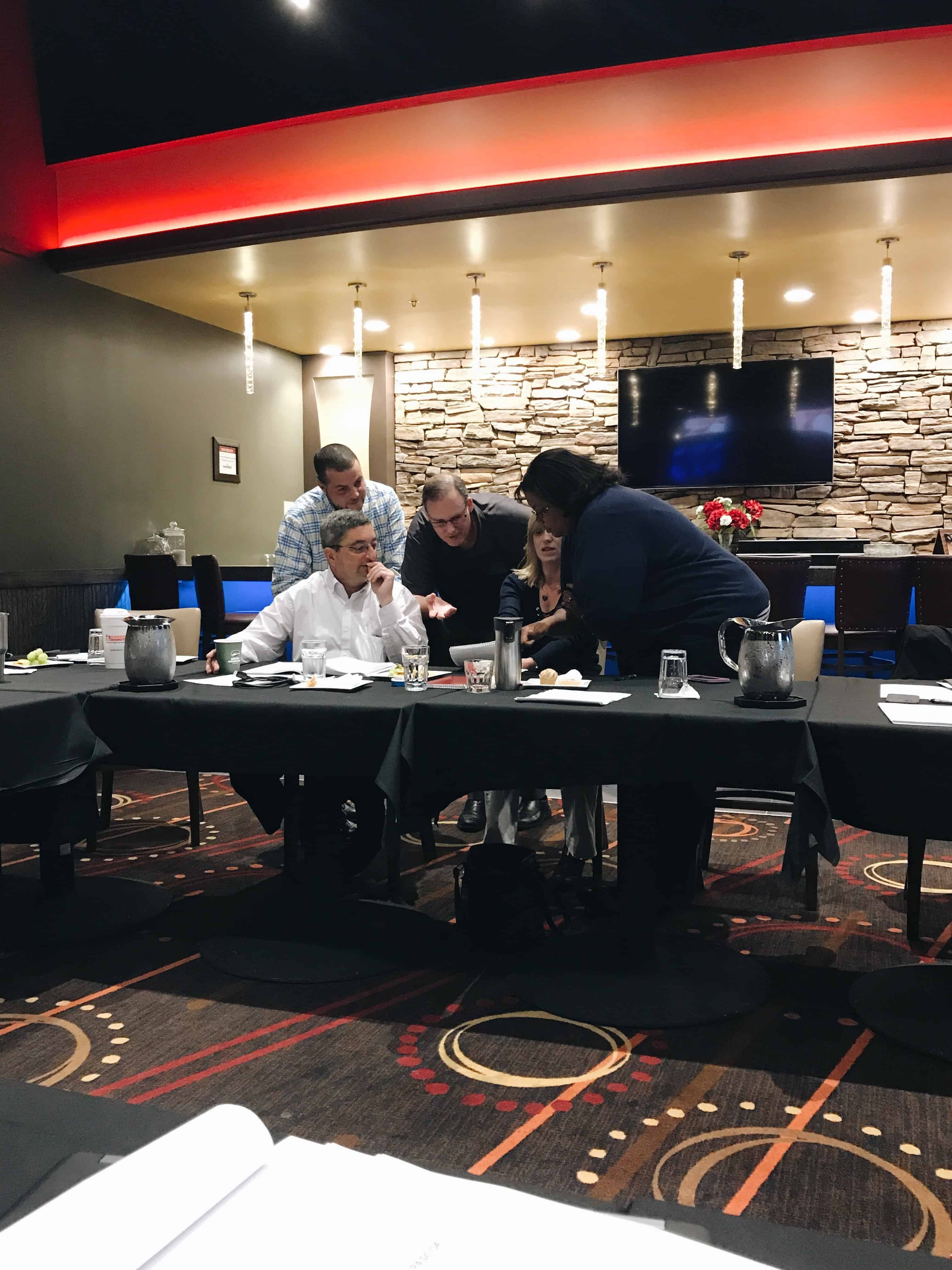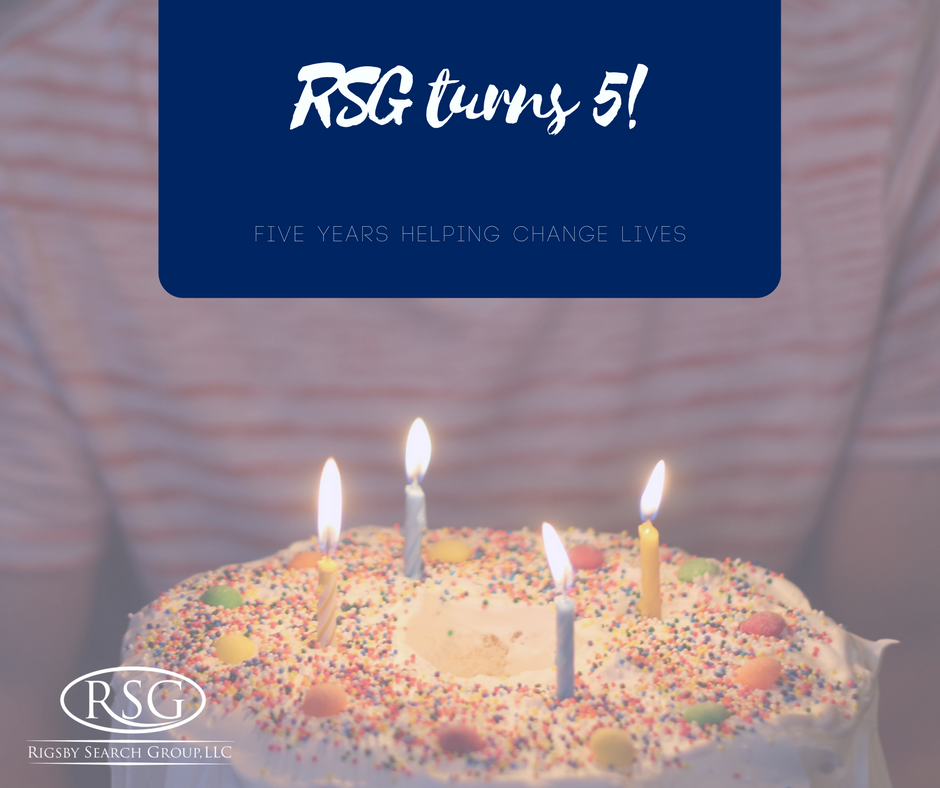What to Look for When Working with a Recruiter
Deciding to work with a recruiter is a big decision, and with the amount of recruiters out there it can be difficult to know which one to pick. We’ve worked with thousands of candidates across our collective 30+ years of recruiting experience, and we spend the time to ask what they want and need from a recruiter. Below, we’ve listed some of the most important things you should consider when deciding to work with a recruiter.
They are experts in your market
Recruiters come in all shapes and sizes, and all of them have their markets. Some are generalists and some are specialists who work in a niche. While it may seem obvious, we can’t stress how important it is to pick a recruiter who knows your market. If you pick a generalist or someone who is only vaguely familiar with your market, you run a high risk of them finding opportunities that aren’t in your best interest. When you pick a recruiter who knows your field inside and out, you can ensure that they will work their hardest to find the best fit for you.
They have a strong network and track record
They say to never trust a skinny chef. In the same vein, never trust a lonely recruiter. How can you expect someone to find you a great opportunity if they can’t connect with the companies offering those top tier positions? Pick a recruiter with a large network and has been proven to use it effectively.
They use their friends within companies
Riding in with having a good network, it’s important that companies view recruiters as more than just a recruiter, but rather as a valued partner and extension of their organization. Working with a recruiter on friendly terms with a company can give a lot more credibility to their candidates, including you. Having friends within companies can also mean that they can perhaps help improve the terms for a job offer.
When deciding to work with a recruiter, who you pick can make or break your experience. We hope we’ve helped give you the information you need to make a wise choice. If you’re looking in the environmental field, there’s no better choice than Rigsby Search Group! We have a combined total of 30+ years of experience in recruiting and have helped thousands in taking the next step in their career.
If you’d like to set up a call with us, please contact Sean Rigsby at:
Phone: 860-505-0013
Email: srigsby@rigsbysearch.com
To Schedule a call: https://lnkd.in/ebgDrcK
Follow us on social media:
LinkedIn: https://www.linkedin.com/company/2959871
Facebook: https://www.facebook.com/RigsbySearchGroup/
Our Website: https://rigsbysearch.com/
